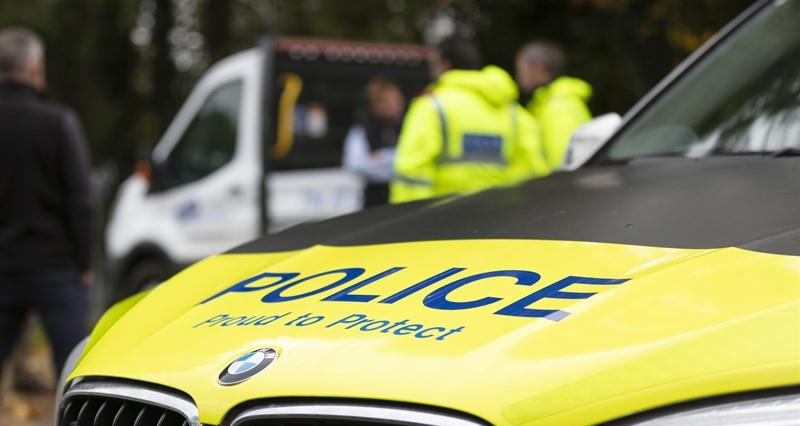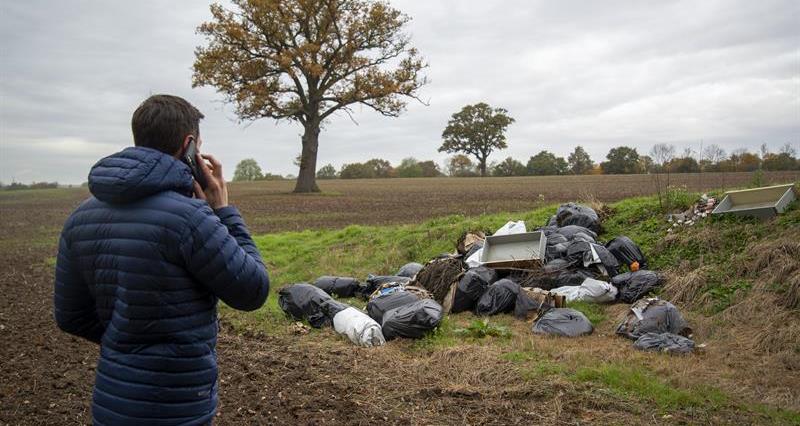The report from Durham University, commissioned by the NRCN (National Rural Crime Network), in conjunction with the NFU, Countryside Alliance and the CLA found that many crimes are committed by ‘prolific rural offenders’, rather than opportunistic individuals.
Despite the growing threat of rural crime, campaigners say police forces across the UK are treating it as a small-scale issue, leaving people in the countryside living in fear.
Data from the report carried out by senior criminologist Dr Kate Tudor found that many rural criminals are also involved in the supply and sale of drugs, often on a large, and global, scale.
“Essentially, they are entrepreneurs working in the field of illicit business,” Dr Tudor explained. “They are already well grounded in crimes such as drug dealing, but they’re always looking for new and emerging business opportunities.”
Collapse in police-community relationships
The report also revealed that:
- There are around 22 active organised crime gangs involved in rural crime in the UK.
- Gangs intentionally cross police force borders to exploit weaknesses in policing methods.
- The costs associated with agricultural machinery and vehicle theft have risen by 29% from the previous year, totalling £11.7 million.
A survey carried out by the Countryside Alliance found that 97% of rural respondents felt that crime was a significant problem in their community, and 43% of those surveyed reported that they had been the victim of crime in the past 12 months.
“Farms often double as family homes and small businesses and these crimes leave many rural communities feeling vulnerable and intimidated.”
NFU Vice President Rachel Hallos
Overall this has led to a a ‘collapse in police-community relationships’, the report claims, with rural communities feeling that police do not take rural crime seriously, resulting in frequent under-reporting of crimes.
Helping the countryside fight back
The NRCN has set out ten recommendations to ‘help the countryside fight back’, including calls for an overhaul of the way police prioritise rural crime.
Additional recommendations also outline a review of the College of Policing’s Threat, Harm and Investigation guidelines, recruiting specialist rural crime coordinators, implementing tougher controls at ports and borders, and issuing new rural crime sentencing guidelines.
Chair of the NRCN and PCC for Suffolk Tim Passmore said people in rural areas “often feel that policing in their communities is not a priority”.
“This new research provides clear evidence that criminal gangs from the UK and abroad are using our countryside to commit crimes that fuel the drugs trade and other serious criminal activity.
“It is now time to acknowledge that if we want to stop the organised crime gangs we have to better protect our farms, businesses and rural communities.”
Importance of collaboration
NFU Vice President Rachel Hallos welcomed the NRCN’s recommendations, adding that “the NFU believes more can and should be done”.
“Farms often double as family homes and small businesses and these crimes leave many rural communities feeling vulnerable and intimidated. Not only do they disrupt farmers’ efforts to produce food and care for the environment, but they also pose significant emotional and financial burdens on farming families.
"The importance of collaboration between farmers, policymakers and police forces to effectively tackle rural crime also cannot be understated and the creation of a national rural crime strategy and Advisory Group would be a crucial step to help better protect UK farming businesses.”
The NFU is seeking a consistent and coordinated response to rural crime across government and police forces that reflects its impact on rural communities as part of our 2024 general election manifesto.
Police and Crime Commissioner elections will be taking place in England and Wales later this year on 2 May. The NFU will be inviting candidates on farm to discuss the issues members are facing.


